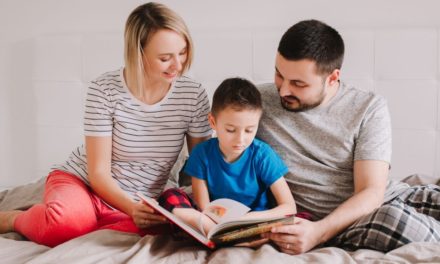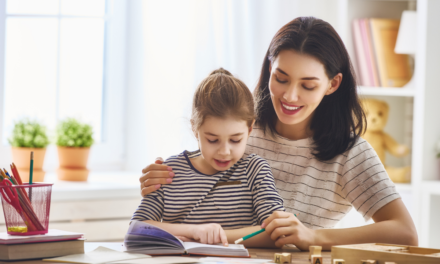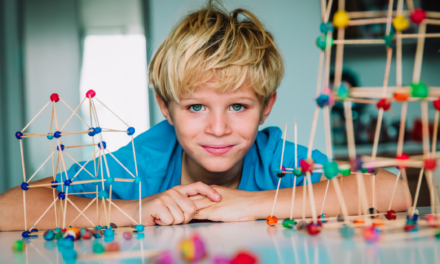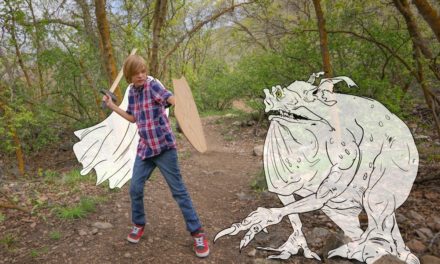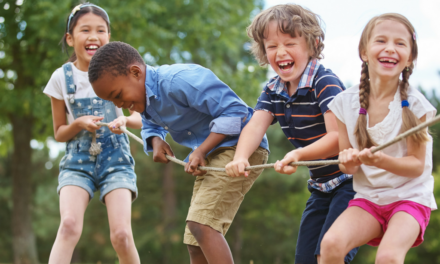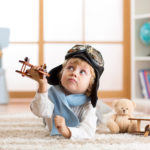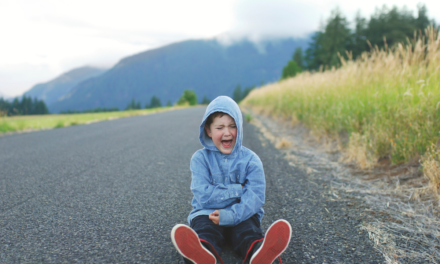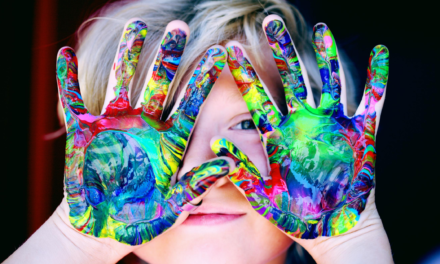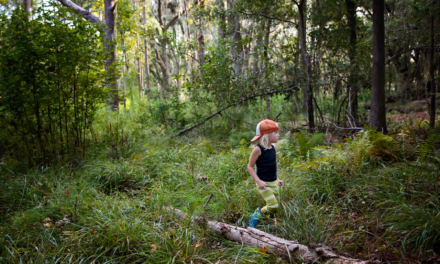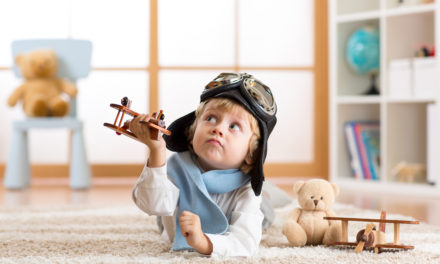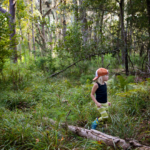
Why is play every child’s work?
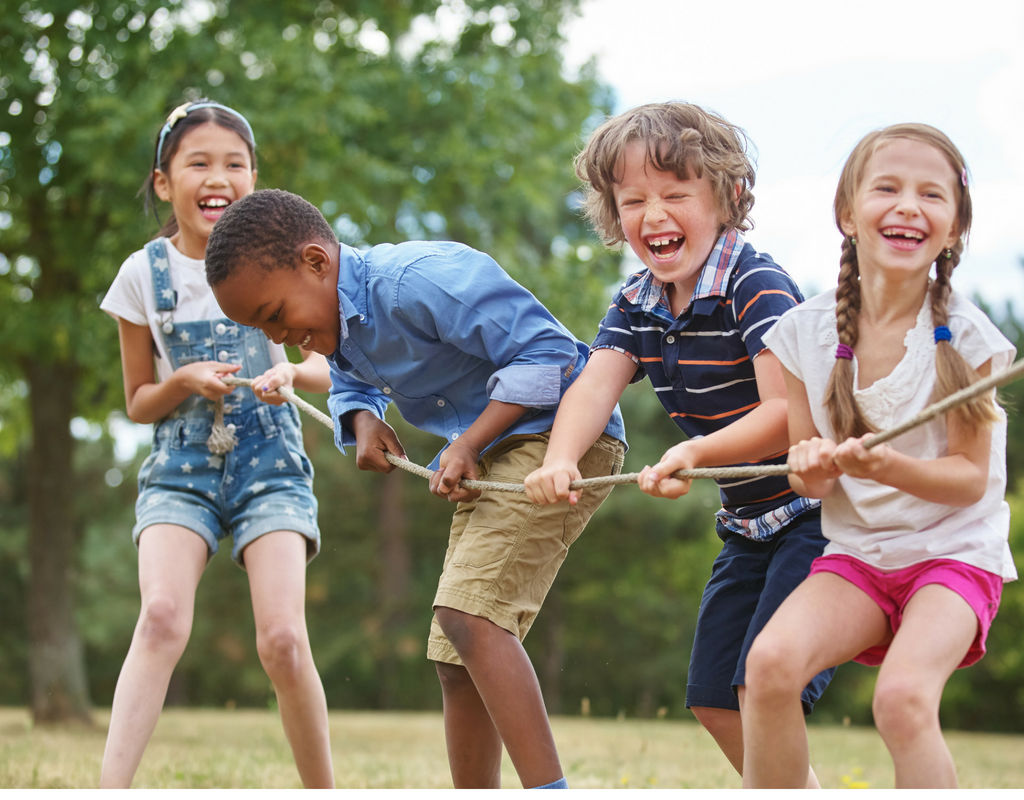
All work and no play makes Jack a dull boy. All of us, most certainly, have heard, said or used this proverb at some point. Such a simple and powerful proverb, yet often misunderstood. Many of us have got one thing right and 2 things wrong about it. Let’s start with the right thing first. We clearly understand that ‘Jack’ here doesn’t refer to our neighbour’s son, but ourselves. Thankfully : ) This article primarily focuses on correcting the 2 popular misunderstandings branching out from this simple proverb.
First misunderstanding is that we think work and play are mutually exclusive.
We think that play is when we need time off from work.
It is true that to some extent it does mean that you need to take regular time off to rejuvenate yourself else you will get bored.
However, fundamentally, it does not mean that these activities are mutually exclusive and not realising this is a mistake.
Play is a part of our living instinct. It comes so naturally to us and also to animals. We do not need to make an attempt to play, we do it almost subconsciously. All we need it a subtle cue and we respond to the cue in the form of play. Let me give you a couple of examples here.

Example 1: You are in an elevator full of adults and one baby. This baby happens to smile at you. Now irrespective of what you are doing, your state of mind or relationship with the baby, your body takes that cue and switches on your play mode. You start making noises and actions which otherwise you would be embarrassed by, as an adult.

Example 2: This time you are walking by a group of children playing football and the ball rolls towards you. Your most natural reaction is to come into the stance and kick pass the ball as if you are part of the game. You could have picked the ball and handed it over or just left it, but the rolling ball gave you a cue and your body jumped into play mode. It doesn’t matter if you are in your formal coat or walking with your client or rushing for a meeting, your reaction at most times will the same.
What is even more important is that these little acts of play with the child and the kicking the ball, makes you feel relaxed and happier. The grim look on your face changes to a daydreaming smile almost sub-consciously. This is the nature and power of play!


The best example to rest the case is that of a child himself. Observe the child and you will realise that every act or work for the child is play. Eating food is play, wearing shoes is play, bathing is play, climbing stairs is play, travelling in a bus is play.
As we grow older we install this false philosophy in our minds that play is a different activity, and that work is not supposed to be playful. Until this point every act and work for us when we were younger was Play!
Play is a universal language. It is a part of us that cannot be kept aside as a separate activity that needs to be done sometime later. We are designed to continuously play from birth to old age. Opposite of Play is not work. Opposite of play is depression. Play IMPROVES work!


Second misunderstanding is our definition of play.
This second misunderstanding is related to new age parenting. When I grew up, my definition of play was very different from what my kids understand of play. We as parents are to be blamed for this. We are almost always feeling that if kids are not involved in constant learning then they are at a disadvantage.
We even want the screen time to be a learning time and we will very happily install educational apps and hand them over to our kids and call it playtime. Let’s ask ourselves, is this passive time in front of the screen really a playtime? At the other end of the spectrum if the child is enrolled in for an organised sports activity then it is considered as playtime. So in short, any activity where the child is not learning or doing school-related work then that activity is categorised as play. But is this really the definition of play.
Now the question is, if this is not played, then what is play?
By the definition in the Oxford dictionary, play is defined as a voluntary, intrinsically motivated activity. Play is difficult to define primarily because of its nature of spontaneity and possibility of being unstructured and even a possibility of being with or without rules.
When I grew up, play was completely unstructured and spontaneous. When, where, what, with whom we’re all missing factors. We made our rules, we broke our rules, we invented games, we used props, we designed strategies, we formed teams, we overcame hurdles. There were no parents or coaches to guide us, we discovered everything by ourselves. We managed our own anxiety and emotions.
Today’s kids, however, are overstimulated and over-scheduled, overprotected and over-managed. In particular, research conducted by US toy company Melissa and Doug, many parents interviewed said they would ideally like to have their kids have an outdoor play but they prefer to give screen time as they find it safer over outdoor play.” Since about 1955 children’s free play has been continually declining, at least partly because adults have exerted ever-increasing control over children’s activities,” says the author Peter Gray, Ph.D., Professor of Psychology (emeritus) at Boston College.
When we played in the era when screen time and the internet was yet to arrive and that was actually a time when we would get bored. Unfortunately kids today are not used to getting bored because of the availability of constant stimulation through screens and apps.
The definition of play over time has changed and changed dangerously. I’m afraid to say that such passive play will not make Jack any smarter and hence the ‘play’ in the proverb we use didn’t refer to such passive plays. So, again, what does that play really mean?
To be defined as play the activity has to be freely chosen by the child, not scheduled and without an end result. Let children design the rules!
To play is to learn, to discover, to develop and to grow. As Jean Piaget beautifully described “Play is the answer to how anything new comes about.”

That does not mean that as parents we should do nothing, our job is to provide the tools that intrigue their imagination. Pretend plays, story-making, constructive plays, etc are good ways parents can be involved. As we learnt above, play is not restricted to a non-work activity. One of the best ways to educate our children is in the form of play. Whether it’s grammar, language, maths, history, science, geography all can be best taught through play. I had heard once from someone, ‘What book is to reading, play is to Mathematics’. The best play for a child’s development is free play followed by mindful play, this is where parents can play an important role.
In yet another remarkable example, a study was conducted on Finland to understand how their education ranking jumped from somewhere in the bottom in 1960’s to world number 1 by the early 2000’s. The answer was shocking! Finland reduced their school hours to half and homework to almost zero…why? So that children can play more. ‘Students learn the most through play and it is by facilitating more play is how we have been so successful in our education system’ quoted a principal of a school in Finland.




To understand which part of the brain does play reside, professor Jaak Panksepp conducted a simple and effective experiment in which he surgically removed the frontal cortex of the brain in young rats, which is the most highly evolved part of our brains. He observed that the rats would still play, which meant that play resided in the deepest and primitive part of the brain, one which is shared by all mammals and animals where basic instincts like eating and sleeping reside. He concluded hence that play is an important part of our survival as eating and sleeping and not something you do in your spare time. Experiments overtime have also proven that nothing lights up the brain as the play does.


So to summarise, play is how a child starts its first interaction and relationship with the world. Play is a child’s work! It is a state of mind, rather than an activity. As long as Jack has a playful mind and mindful playtime at all times he will never be a dull boy!

